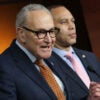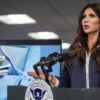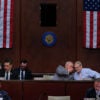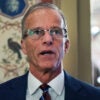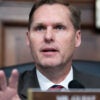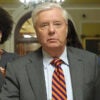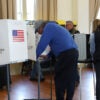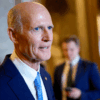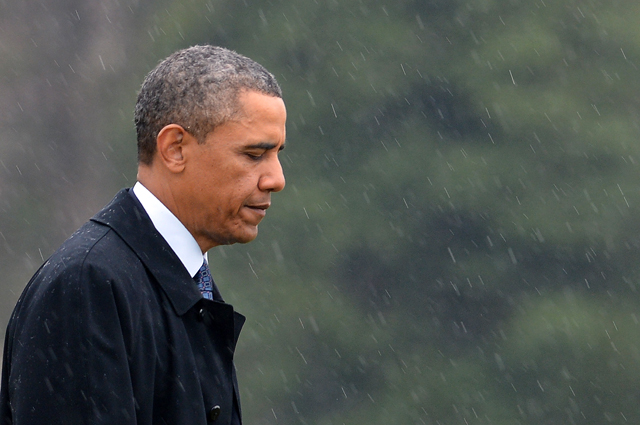This week, President Obama travels to the Middle East, including his first visit to Israel since becoming commander in chief. The trip comes at a challenging time of declining U.S. leadership abroad and waning economic freedom and prosperity at home, a regrettable combination that the President’s own policies have created.
According to Gallup’s recent study, U.S. global leadership has been steadily declining since President Obama took office. Median approval of U.S. leadership across 130 countries has distinctly dwindled to around 40 percent from 49 percent since the President’s first year.
The Middle East is one of the regions whose countries show the highest disapproval ratings for America’s leadership. Indeed, as pointed out by the Gallup study, “U.S. leadership faces increasing challenges as it attempts to build engagement worldwide, and in many places, this job may be even tougher than it has been in the past.”
While American leadership has been fading, the world has become a riskier place, and the cause of freedom has been imperiled. Historically, the United States has been the leader in advancing economic freedom around the world, but that’s not the case anymore. As the U.S. commitment to free and open markets has decreased, the advancement of economic freedom around the world has stagnated markedly, a phenomenon documented in The Heritage Foundation’s Index of Economic Freedom.
President Obama cannot afford to seem indifferent to the fate of liberty, especially economic liberty, while in the Middle East. A weak or vacillating America endangers not only our vibrant and prosperous future but also that of our friends and allies abroad. That’s no way to secure America’s vital interests in the world.
As a key pillar of our foreign policy, promoting economic freedom at home and abroad is indispensable to revitalizing and securing America’s future. The way forward begins with these guiding principles.
